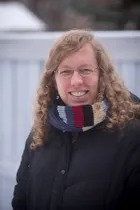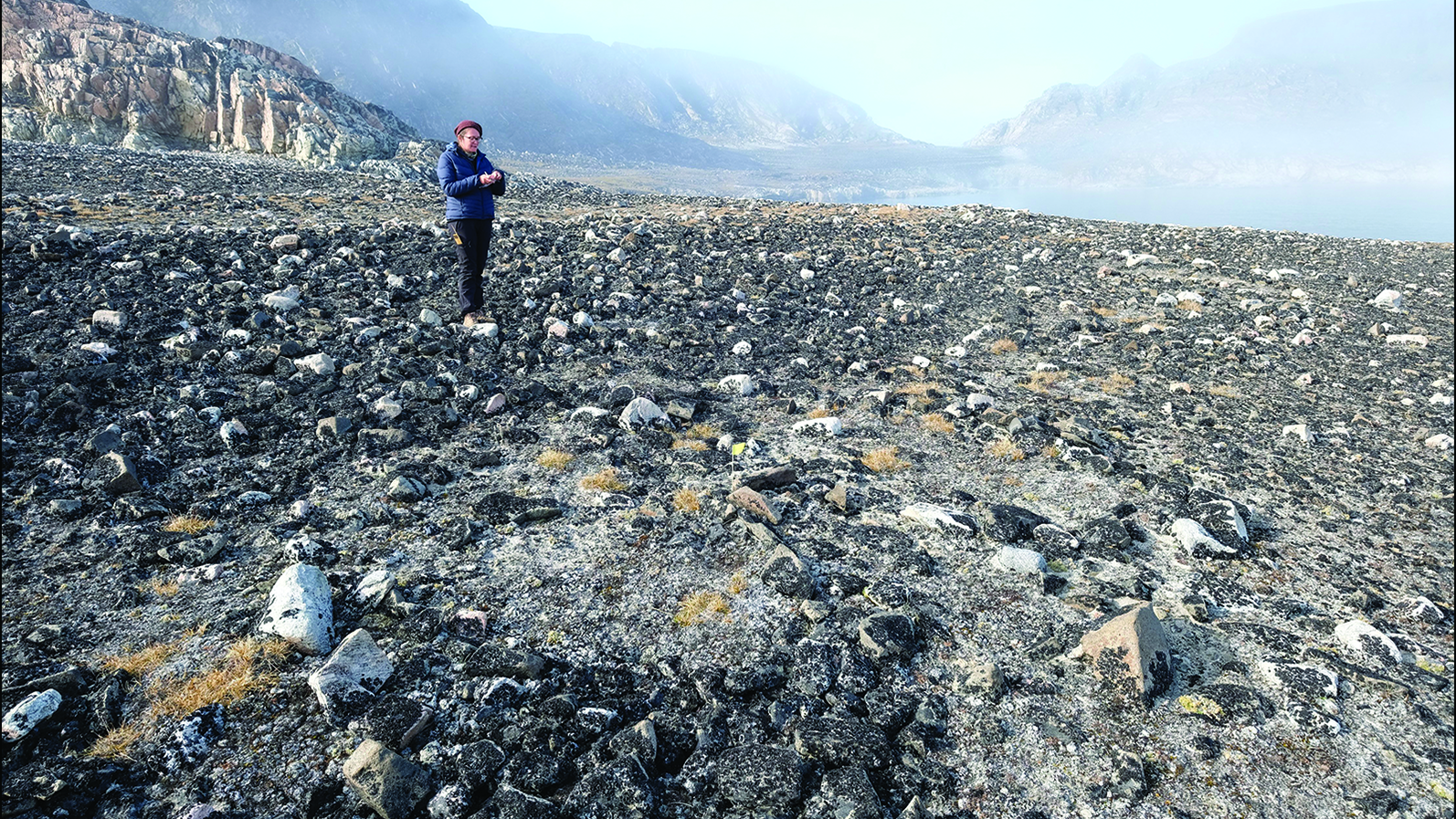Bill Nye Brings Out the F-Bombs and a Blowtorch to Talk Climate Change
Get the world’s most fascinating discoveries delivered straight to your inbox.
You are now subscribed
Your newsletter sign-up was successful
Want to add more newsletters?

Delivered Daily
Daily Newsletter
Sign up for the latest discoveries, groundbreaking research and fascinating breakthroughs that impact you and the wider world direct to your inbox.

Once a week
Life's Little Mysteries
Feed your curiosity with an exclusive mystery every week, solved with science and delivered direct to your inbox before it's seen anywhere else.

Once a week
How It Works
Sign up to our free science & technology newsletter for your weekly fix of fascinating articles, quick quizzes, amazing images, and more

Delivered daily
Space.com Newsletter
Breaking space news, the latest updates on rocket launches, skywatching events and more!

Once a month
Watch This Space
Sign up to our monthly entertainment newsletter to keep up with all our coverage of the latest sci-fi and space movies, tv shows, games and books.

Once a week
Night Sky This Week
Discover this week's must-see night sky events, moon phases, and stunning astrophotos. Sign up for our skywatching newsletter and explore the universe with us!
Join the club
Get full access to premium articles, exclusive features and a growing list of member rewards.
Science popularizer Bill Nye told viewers of a popular late-night show that Earth is "on [expletive] fire" while lighting a globe with a blowtorch.
During his appearance on HBO's "Last Week Tonight With John Oliver" on Sunday (May 12), Nye used frank language to talk to millennials about the impacts of global warming on Earth. (Nye's comments are heavily edited here for language; viewer discretion is advised if you watch the video.)
"By the end of this century, if temperatures keep rising, the average temperature on Earth could go up another 4 to 8 degrees," Nye said to Oliver. (Nye was referring to degrees Celsius; the equivalent change in Fahrenheit is roughly 7 to 14 degrees). "What I'm saying is, the planet's on [expletive] fire."
He explained that addressing climate change means making tough choices in our daily lives to reduce carbon emissions, which are caused by activities such as driving vehicles or burning coal. These emissions produce greenhouse gases that trap heat in the atmosphere — warming the planet up, causing ocean levels to rise as glaciers melt, and increasing the severity of hurricanes and storms.
Nye, adding a few more expletives in his explanation, said none of these options to address global warming come free. So, he urged his viewers to grow up and make tough choices. "I didn't mind explaining photosynthesis to you when you were 12, but you're adults now. This is an actual crisis — got it?"
Oliver ended the segment by telling the audience that he was "absolutely onboard" with Nye's "gritty reboot."
Nye is best known for more family-friendly content, such as PBS's "Bill Nye the Science Guy" in the 1990s and, more recently, the Netflix series "Bill Nye Saves the World." He also is CEO of The Planetary Society, an advocacy group that promotes space exploration.
Get the world’s most fascinating discoveries delivered straight to your inbox.
- Bill Nye Tackles Time Travel (and Pot) in 2nd Netflix Season
- Humans to Blame for Climate Change, Government Report Says
- 2018 Was the 4th Hottest Year on Record. Here's How NASA Knows.
Follow Elizabeth Howell on Twitter @howellspace. Follow us on Twitter @Spacedotcom and on Facebook.

Elizabeth Howell was staff reporter at Space.com between 2022 and 2024 and a regular contributor to Live Science and Space.com between 2012 and 2022. Elizabeth's reporting includes multiple exclusives with the White House, speaking several times with the International Space Station, witnessing five human spaceflight launches on two continents, flying parabolic, working inside a spacesuit, and participating in a simulated Mars mission. Her latest book, "Why Am I Taller?" (ECW Press, 2022) is co-written with astronaut Dave Williams.
 Live Science Plus
Live Science Plus












